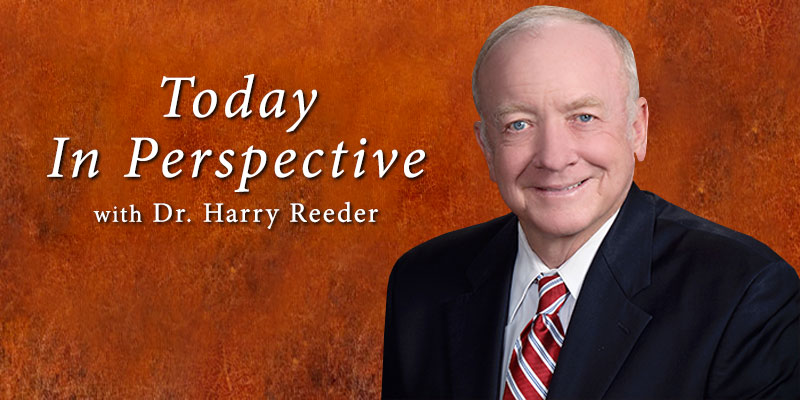
MONTGOMERY, Ala. — Starting in 2017, the age-old practice of common-law marriage will be no longer exist in the state of Alabama. Thanks to a bill that was signed into law by Governor Robert Bentley (R-AL) last session, any common-law marriage entered into after January 1, 2017 will be invalid. Those that have existed before the first of the year mark will still be recognized.
The requirements for a common-law marriage to be valid differ from state to state. According to the attorneys at Beckum Kittle, LLP “Alabama law has simply required that two individuals have a present agreement to enter into a marriage relationship to the exclusion of other relationships and that they hold themselves out to the public as being married.” Unlike a traditional marriage, a marriage license and ceremony are not required.
Alabama, along with Colorado, Kansas, Rhode Island, South Carolina, Iowa, Montana, Utah, and Texas, is one of nine states where a common-law marriage can still be contracted. It can no longer be contracted in 27 states, and was never permitted in 13 states.
Common-law marriages have several logistical and legal issues. For instance, there is no such thing as a common-law divorce, and leaving a common-law marriage is not as easy as entering into one. In other instances, one partner in the marriage might deny the union’s existence, leading courts to sort through a range of criteria to determine if a common-law marriage ever existed.
In the past year, Alabama has tried to get out of the “marriage business” in general. A bill that passed in the Senate last session would have abolished all requirements to obtain a marriage license in Alabama. Instead, probate judges would simply record civil contracts of marriage between two individuals based on signed affidavits. That bill, SB 143, did not make it out of the House before this year’s legislative session came to an end.
RELATED: Alabama Senate passes bill to get the state out of the marriage business
That push came after the ruling from the U.S. Supreme Court legalizing same-sex marriage nationwide. State prohibitions on same-sex marriage were determined to be unconstitutional under the due process and equal protection clauses of the Fourteenth Amendment.
(h/t Al.com)












